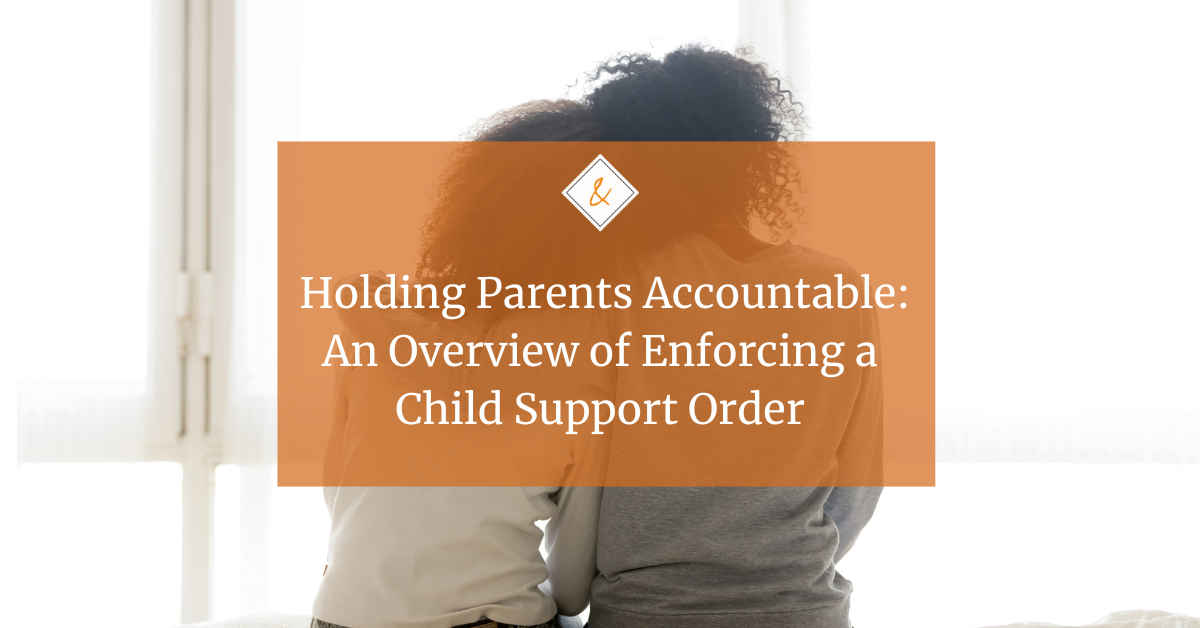Arbitration is an alternative dispute resolution in which the parties submit their financial issues to a neutral person for resolution outside of the traditional court system. In deciding whether to submit the issues incident to your divorce to arbitration, one should consider the pros and cons. In many cases, the positive aspects of this alternative outweigh the negative.
Advantages:
- The parties control the process — selecting when and where the arbitration will take place as opposed to being bound by the court calendar.
- The parties select the arbitrator.
- The arbitrator selected will typically have years of family law experience and will be highly qualified to resolve the disputes. In contrast, many judges never practiced family law and don’t have the same depth of experience.
- The process is typically less formal than in a traditional courtroom setting.
- The resolution will be faster than any resolution through the traditional court system, which in most counties in Pennsylvania is multi-tier and equitable distribution and support handled separately. The arbitration hearing will be scheduled sooner and completed, usually in one day, with a decision in 30 – 60 days.
- The parties avoid the delays inherent in the court system and avoid often multiple court appearances. Many times other cases are listed at the same time as your case and in the case of complex issues, the judge or master does not have the time needed to devote to your case.
- The rules of evidence are not strictly adhered to (see also under disadvantage).
- The parties decide what issues will be submitted to the arbitrator.
- There is usually no court record or transcript of the proceeding, which is advantageous if either party has issues which they wish to remain private.
- The overall cost is reduced because you are not paying your attorney to attend multiple court appearances/hearings.
- The arbitrator’s decision is binding on the parties and not appealable, except in very limited cases such as fraud.
- Because the decision is binding, both parties avoid the long and expensive appeal process.
Disadvantages
- The arbitrator is paid by the parties whereas the judicial officers are paid by local and state government. However, as stated above, the overall cost is less because of the efficiencies inherent in the arbitration system.
- Because the arbitrator’s decision is binding, a spouse who is not happy with the result is bound by the decision whether he or she likes it or not. [Note, however, that any decision regarding child support is always modifiable if there is a change in circumstances.]
- The rules of evidence are not strictly adhered to (see also under advantage).



